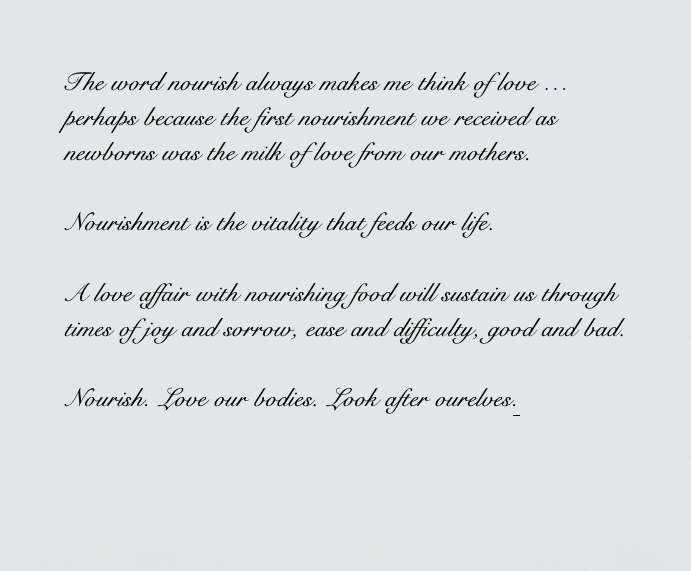It’s not a race. You don’t have to crouch and wait for the starter’s gun then go like hell. Life is a much more placid and wonderful gift when you’re not racing around trying to do dozens of things at the same time.
Indeed, when I try to do everything at once I usually end up doing much less than I would have if I had been attentive to a single task and had seen it through to its natural conclusion before moving to the next.
I’ve been busy and neglected some of the important parts of life lately. I want to do it all, but it all takes a great deal of time. Something has to give and usually it’s something important. That seems to be the paradox of living in today’s fast-moving world.
Slowing down seems impossible, but there is a way. Once the big deadlines are over, take a little time and decide on what’s important in life. How do I want to feel as I go about my day-to-day life?
I have allowed myself so many times to feel that I am trapped and yet many of the bars around me were of my own making. One of the happiest weeks of my life was when I decided to do something every single day that nourished the inner me so I could experience feelings of liberation, abundance and wonderful self expression. I chose ways to get those feelings while doing tasks I had to do. I walked instead of taking the car so I could spend a little time thinking about how lucky I was to have the liberation of owning my hours and not being enslaved to a strict schedule like those who have to catch the 7.15 train to be at work at a specific time. I blessed my washing up time because I had an abundance of water caught off our roof then heated by the sun. I blessed making my lunch salad because I had an abundance of vegetables and salad fruit to use. And whether I took a photograph, wrote some prose or sang a little, I made a little window of time where I could savour the great enjoyment and fulfilment of self expression.
Sometimes in this life it’s the things you don’t do that are just as important as the things you do. So when it seems like a race, it can be a good idea to be a non-starter and think about where you’re going rather than the speed you might accomplish. It doesn’t really matter if you’re the fastest or the slowest. You have to be travelling in the right direction.






